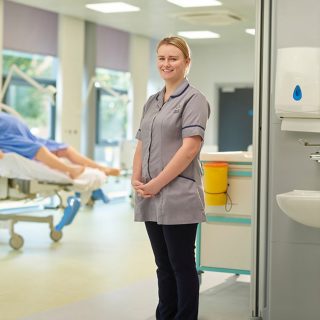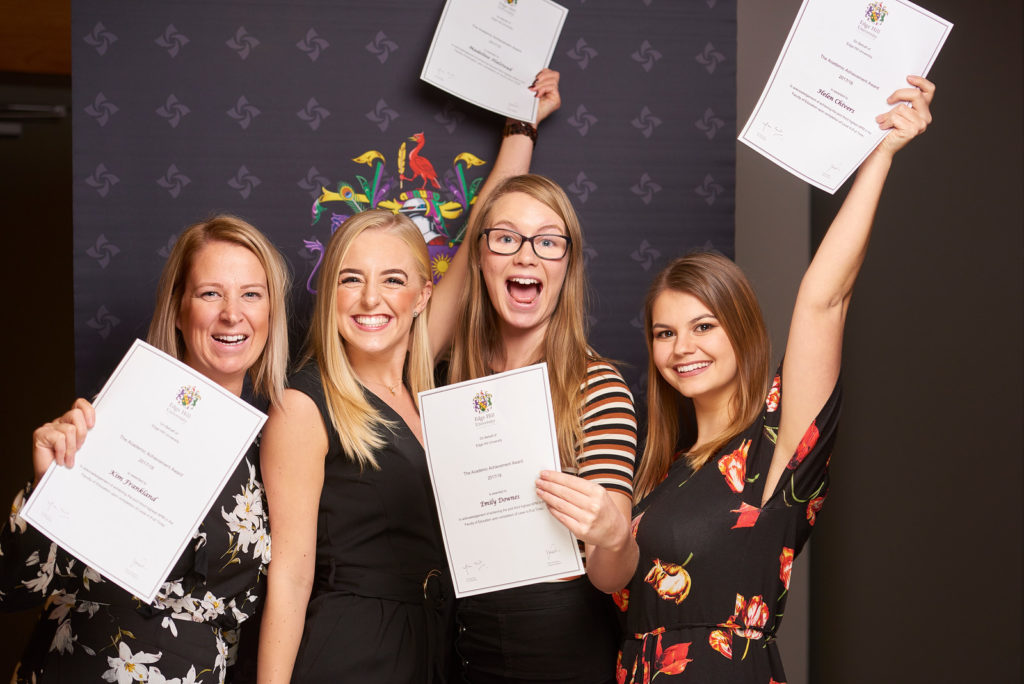
Undergraduate Midwifery
Prepare to bring new life safely into the world. Learn in some of the best facilities for health, social care and medicine students in the country, and graduate with a degree placed in the top 3 in the UK Overall (Guardian Good University Guide 2024 – Midwifery), approved by the Nursing and Midwifery Council.
You’ll explore the theory behind this invaluable role on campus, then apply your skills to real challenges and work towards managing a caseload of women and birthing people. As a qualified midwife, you might work in hospitals, the community, birth centres, or independent practice. Or perhaps you’ll use your skills to carry out research and move the field forward.
Got questions? You may find the answer in our Nursing and midwifery placement FAQs.
Our facilities include the Clinical Skills and Simulation Centre, where we’ll hone your professional skills and hands-on experience through simulated learning.
With extensive time on placement, you’ll transition from student to qualified midwife confidently. 100% of our midwifery students are employed or in further study 15 months after graduation (Graduate Outcomes data released 2023 from 2020/21 graduates).
Experience a strong sense of community within the midwifery programme, valued by women, birthing people and their families.
Ready to apply? Find out more about applying to UCAS, the application process and how to get in touch if you've got any questions.
Apply now
Subject Video
Discover Midwifery with Edge Hill University
As a midwife, you’ll help women on their unique journeys to motherhood, from pregnancy to postnatal. Our midwifery courses are approved by the Nursing and Midwifery Council (NMC), with most of our students in employment or further study 15 months after graduating.Facilities
We are one of the leading providers of education and training for health and social care professionals in the North West of England.
The innovative £14m Faculty of Health and Social Care building provides outstanding teaching and learning resources. These include leading edge clinical skills facilities, ten teaching rooms, an 860-seat lecture theatre and a number of social learning spaces.
The clinical skills and simulated learning facilities offer a variety of simulated environments from home, through primary and emergency care, to secondary care and beyond, enabling you to undertake practical scenarios in realistic settings.



